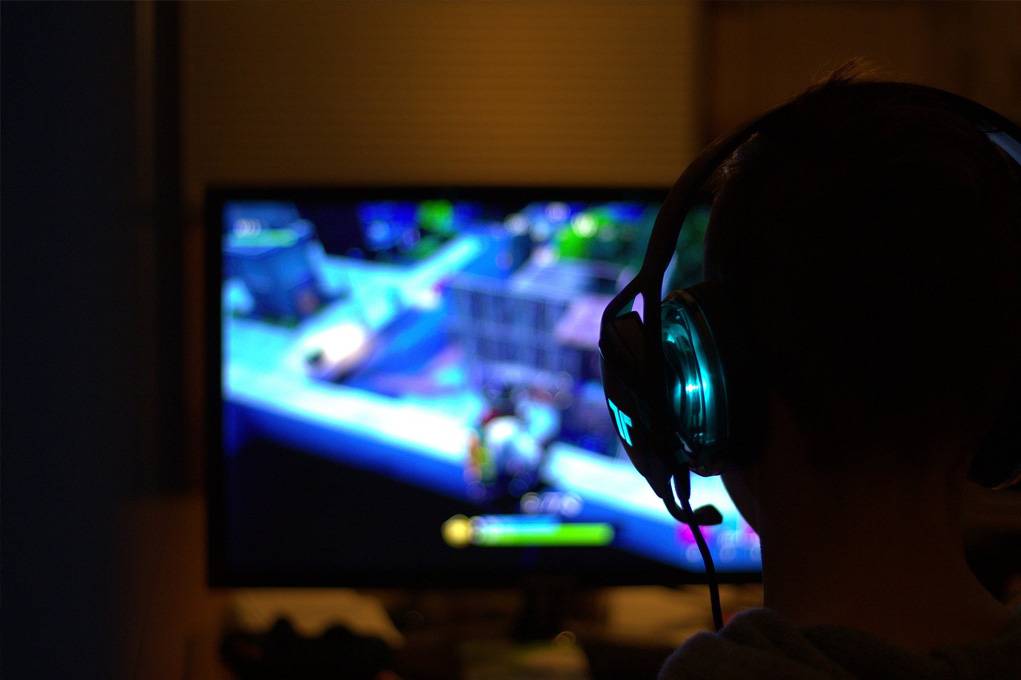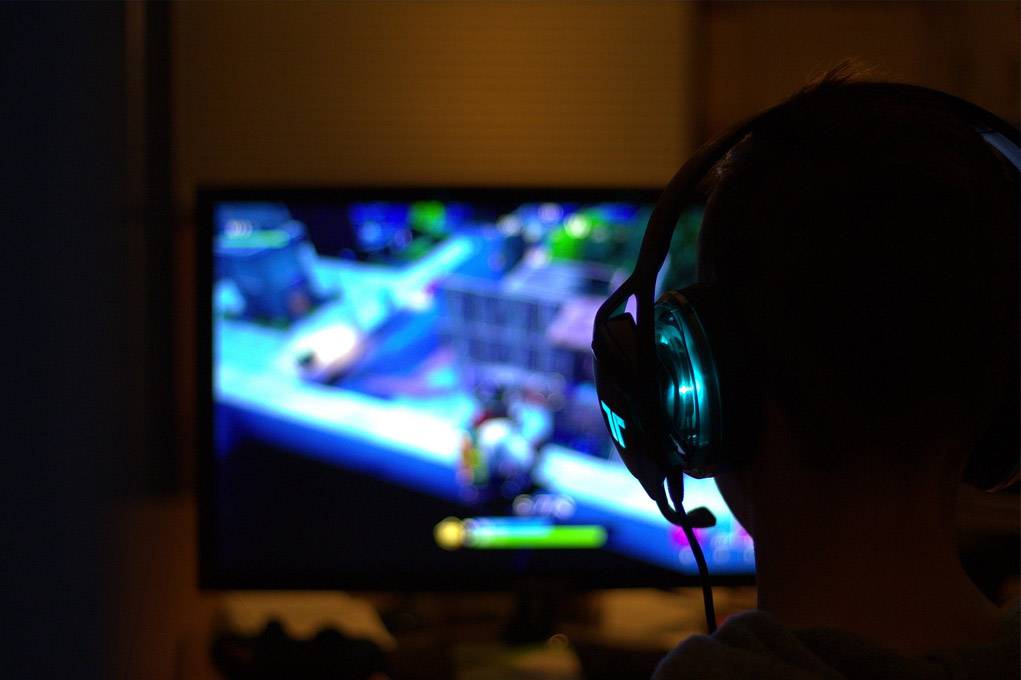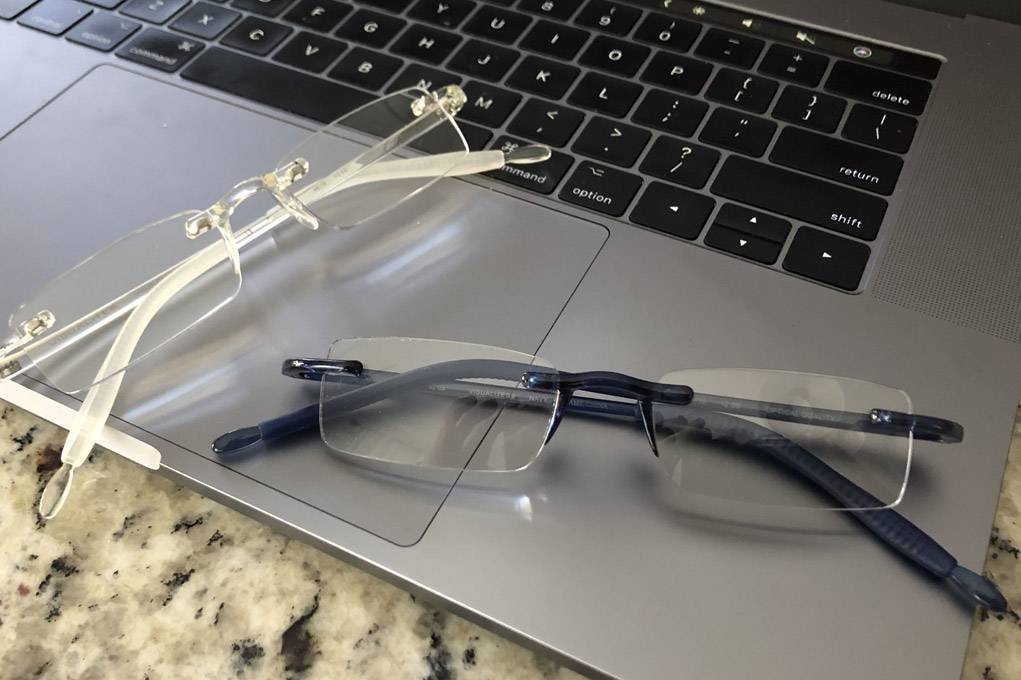
About Our Blue Light Blocking Computer Glasses
New Non-Prescription Computer Glasses From Visualites
With the proliferation of device time, the harmful blue light emitted from digital screens is becoming one of the main sources of light our eyes are exposed to. We are constantly looking at tablets, phones, TVs and computers and, in the process, exposing our precious eyes to excess HEV(blue light), resulting in poor sleep and digital eye strain. Fortunately, there is a way to protect your eyes from blue light: Blue light filtering glasses.
At Visualites, we have been helping people with their vision for a while now. We provided lightweight, optical quality reading glasses, then introduced polarized sunglasses at affordable prices, and are now offering non-prescription anti-blue light computer glasses.
The lenses of these latter mentioned glasses are made with a coating specifically designed to combat the glare of your screen and come in our convenient and compact tube case. Our case is designed to be minimalistic enough to fit in your pocket while maintaining durability to protect your glasses from breaking.

This is considered an ideal amount of blue light filtration, as some blue light is good for us. It helps boost alertness and elevate mood. It also improves memory and some cognitive function. But, unlike other damaging light rays which the eye usually filters efficiently, the eye is not capable of easily filtering blue light and as a result, we are being exposed to too much.
Overexposure of blue light negatively affects our sleep and leads to digital eye strain, symptoms of which include: dry eyes, headaches, blurred vision, and fatigue. Research conducted at Harvard University has shown that prolonged exposure to blue light can contribute to macular degeneration, which has been known to lead to vision loss. In the digital age we have to be aware of our eye health, and take preventative measures so as to enjoy our vision for as long as possible.






